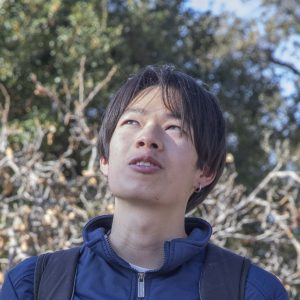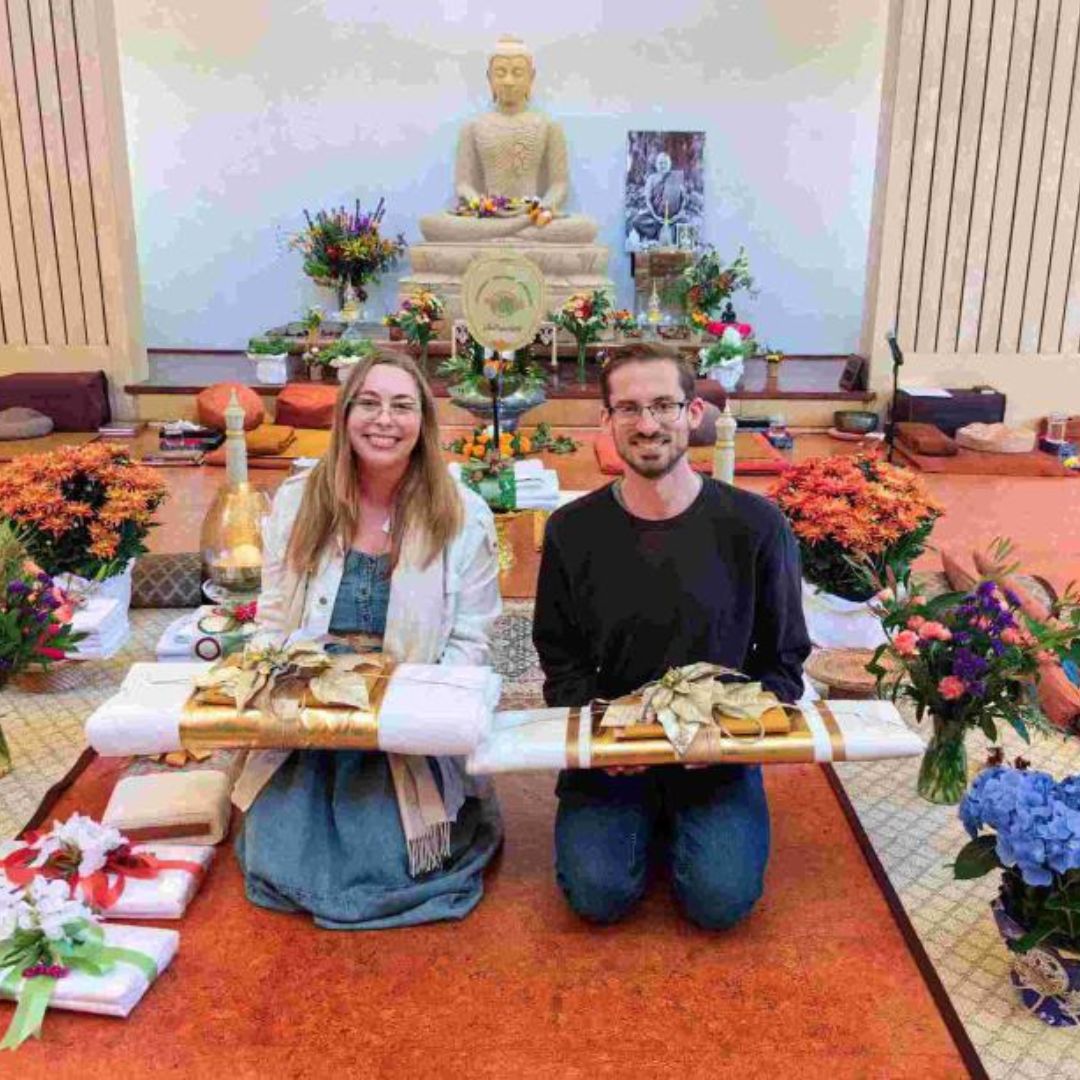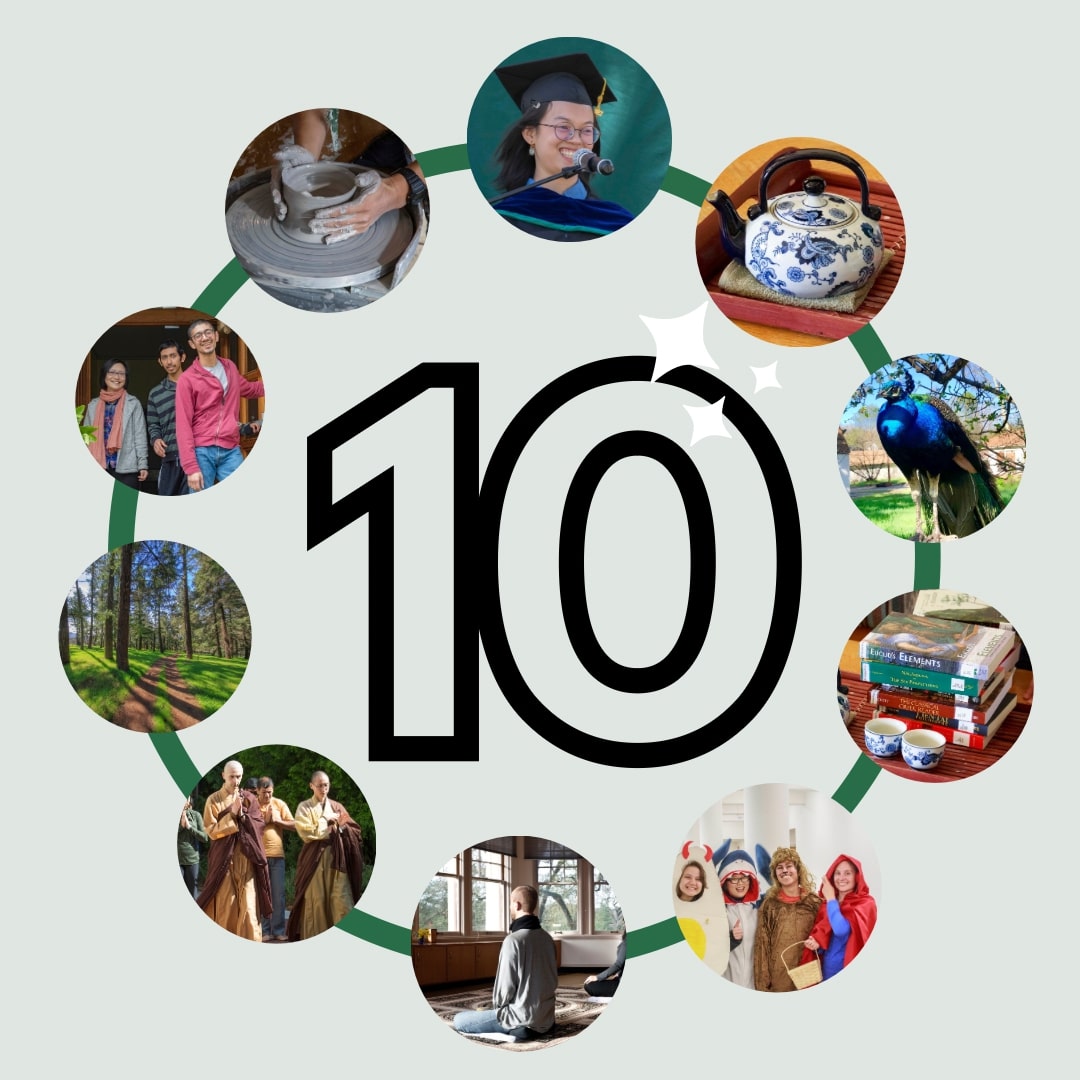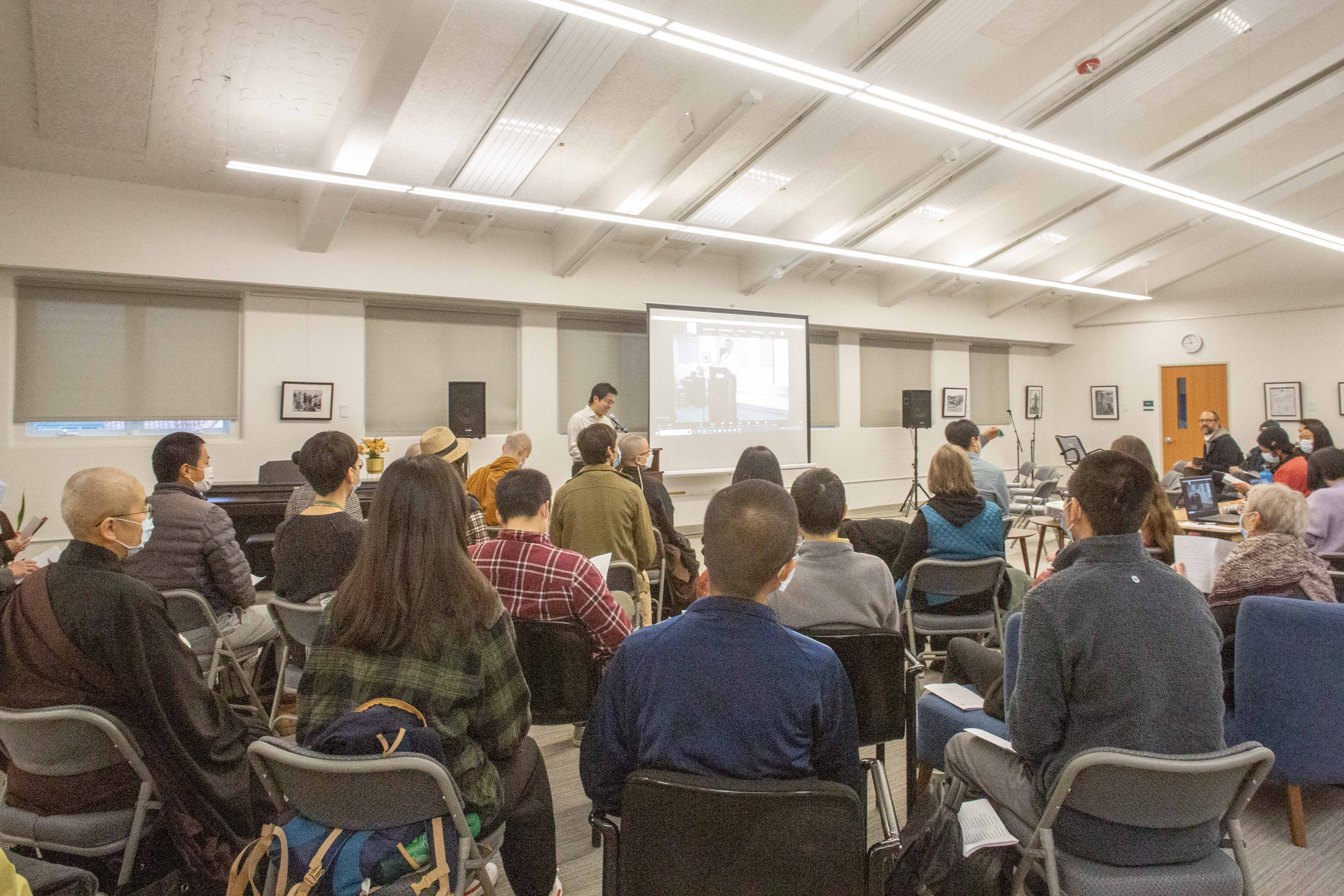
Communicating how I feel to others is equal parts frustrating and satisfying. It is difficult to verbalize in conversation, so I often resort to writing as my emotional outlet. However, I have learned when to express myself without dialogue or writing. There are moments of quiet understanding between myself and others that are not conveyed through words. These moments are not expressed through a certain medium; they reside in gratitude. To me, the most notable form of this expression is action.
My family is very quiet, but they excel in communicating without words. It has taken a considerable amount of time for me to understand this. I was frustrated at my parents because I did not know what their expectations of me were. Although some individuals appreciate distant parenting, I felt isolated by the lack of attention. At this point in my life, I have realized my mistake. My family expresses their love and concern through their actions, and I have learned to be grateful of this subtle form of communication. There is value in doing things for others without explicitly telling them, and service scholarship at DRBUhas contributed to my understanding of this.
There is a distinct quietness I attribute to the City of Ten Thousand Buddhas community that I have only now begun to recognize in my family. People help each other without being asked to, and nobody is searching for verbal validation of their actions. When I was asked to put hours into cleaning and cooking for my scholarship, I felt irritated. I came to this school with vague notions of improving myself and expanding my knowledge of the world, and I did not consider menial work to be a part of that. Nevertheless, the hours I spent doing chores, washing dishes, and cleaning the kitchen have taught me an unexpected lesson in gratitude. When I am scrubbing the grime and food off a dirty dish, it is not because I am annoyed at its dirtiness and would prefer to see clean, spotless, and more pleasant looking dishware; I do it for the sake of others. Every action I take within the context of service scholarship is for the betterment of the community I am part of. It has dawned on me over time that my family is made up of this exact same community. When my stepfather comes home from work and walks tiredly past me to rest in his room, I must no longer take this as a gesture of indifference. Because when I wake up the very next morning, my stepfather has already left the house to work and provide for our family.
This is my lesson in gratitude, and it is a lesson I will take to heart long after my arrangement with service scholarship ends.


